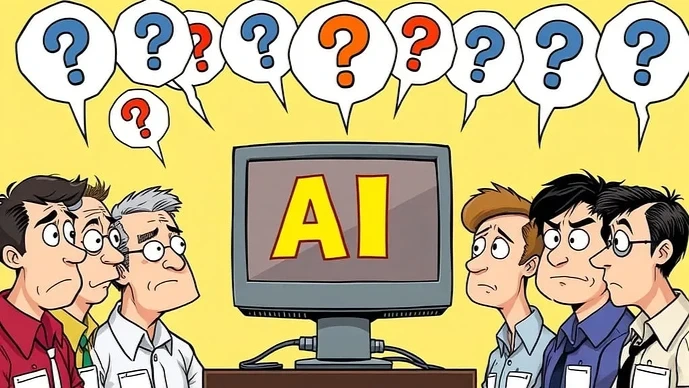The dysfunctional effects of social media can partially be understood through the simple lens of feedback effects. Systems work when their feedback system ensures that they meet their objectives. This was true in Facebook in the early years. Connecting friends and families (close contacts) allowed sharing of personal information and forging and reinforcing bonds. The feedback system prevented bad information (abusive, false) from being shared because of the close bonds – and the fact that many of these relationships had physical manifestations. A person would be unlikely to be abusive or deliberately lie when they might encounter a recipient in-person.
As the Facebook algorithms started building network effects (e.g., friends of friends), the network grew, but the feedback effect in place started breaking down. Attention is only garnered by being different. The low hanging fruit of being different is spawned by creating controversy, exaggerating claims, and simply making up things that capture the spotlight. With no policing mechanism and more distal connections, there are all the incentives for attention seekers to engage in performative displays and “just put it out there” as another disclosure or piece of “valid” information…who knows, it may engage people and gain credibility simply through its traction. Just like some recipients are more gullible, some proponents are desperate for others to acknowledge their importance. The feedback metrics of likes and views also offer a currency for competition. For example, teenage girls are especially susceptible to depression when these semiotic indicators don’t meet the mark …leading them to engage in other attention seeking behaviors.
Algorithms also cluster people that were not “friends” but shared common interests or grievances – creating a different feedback effect. Extreme comments on that grievance are given attention. After all, most of the traffic on social media comes from a very small percentage of participants. With the energy in the fringes, what are the feedback affects for others? Moderate (thoughtful) voices are “abused” and “shouted down” and many of them choose to withdraw from the forums. The feedback systems also create reasons for certain people to maintain contrasting online and offline personas— where regular mellow folks in the physical world start spewing hate and abuse online. It’s tough to know who the real person is or whether they are playing to the feedback systems in place.
Can we change feedback systems to prevent dysfunction of individuals and society? Sure. For instance, systems can be adjusted based on “diversity of appeal” rather than the number of likes…which might improve things; but goes against the very engagement model that social media companies depend on. What a tangled web we have weaved!









Leave a Reply